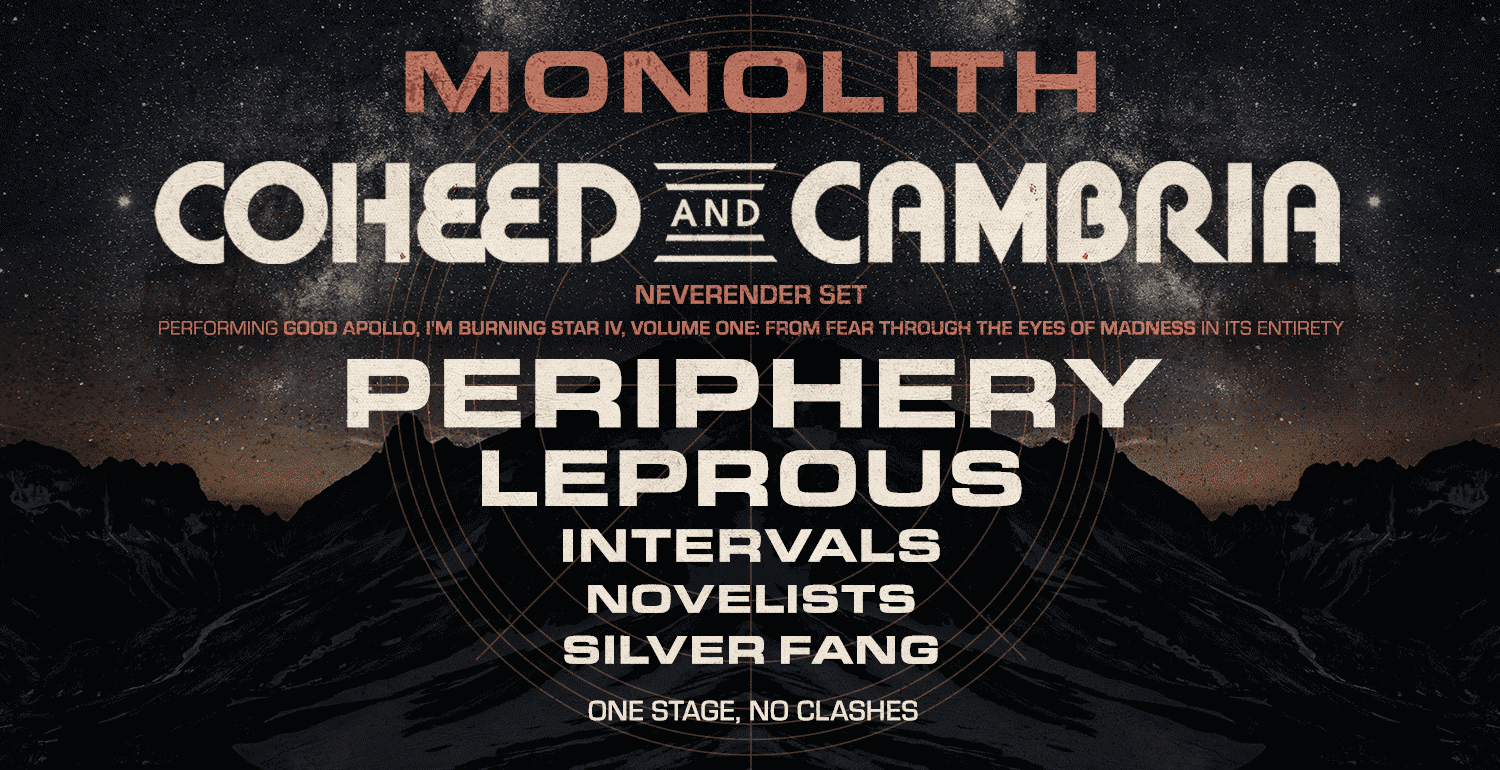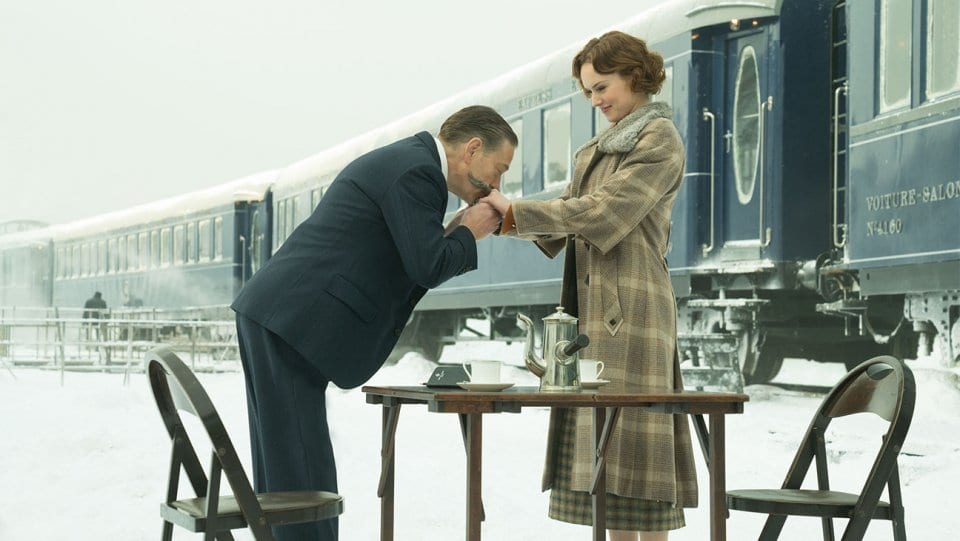Murder on the Orient Express is a handsome production full of stars, location shooting and close-ups of Kenneth Branagh’s sparkling blue eyes. A throwback to the kind of films where studios spent money on production, not post, and the biggest special effects were the stars themselves. Agatha Christie’s story is a classic of a genre that has continued to evolve since the book was published in 1934. As a result, some outcomes might be signposted for modern audiences ahead of time. So as a mystery it may not be as compelling or as surprising as it once was. Perhaps sensing this Branagh focuses in on character and how the revelations affect our central hero Belgian detective Hercule Poirot.
We meet the great detective first in Jerusalem at The Wailing Wall solving his latest case. As an opener, it sets up all the little quirks of Poirot’s personality. He is kind to children, perturbed by imperfection, warm to old friends, moral to a fault and arrogant as all get out. It is also here that the audience can revel in location shooting in Malta giving a real sense of grandeur. Compared to the endless CGI backdrops of Justice League, there was something epic even in the perfunctory shots of a boat on a pier. The location shooting in Malta will give way to CGI and sets for most of the train bound action. However, shooting on 65mm film director Branagh, never loses a sense of the grandiose.
Travelling back to Europe, Poirot catches a ride on the titular Orient Express train which comes complete with a mix of fascinating fellow passengers. Characters interact with Poirot, and each of them seems to reveal a different facet of the detective as much he can glean the measure of them. For the actor, it is the chance to dig into meaty showy roles whether it’s Dame Judi Dench playing rich privilege, Johnny Depp as a smarmy charmer or Josh Gad as an indignant liar. The dialogue helps no end reflecting an age where people would tell each other where to stick it with the most polite of manners. Who is to be trusted is all in the telling of one suspect and then hearing the story back from another point of view.
The cinematography seems to be experimental not necessarily reflecting any purpose other than to play with points of view too. There are overhead ones of the corridor with the murder victim just off screen, interrogations framed behind frosted windows and the 65mm savour those close-ups of the actors relaying their yarns. It’s hard to say if it amounts to much thematically, but it looks a treat.
The biggest twist might come in the fact that even if you know or guess the ending ahead of time, it still packs a punch emotionally. This is because old fans or new will come to care about the world’s most brilliant detective and the emotional arc he goes through. The power of the Orient Express’s murder isn’t in its mystery but its motivation and how it gets to the audience and Poirot. No matter how many times you re-make this movie that will never stop being compelling to discover.
A puzzling murder mystery it is maybe not, a spectacular action film it is not yet a star-studded character piece and morality play it is. By that standard Branagh has made a decent adaptation, one that welcomes a follow up with that magnificent moustache.













